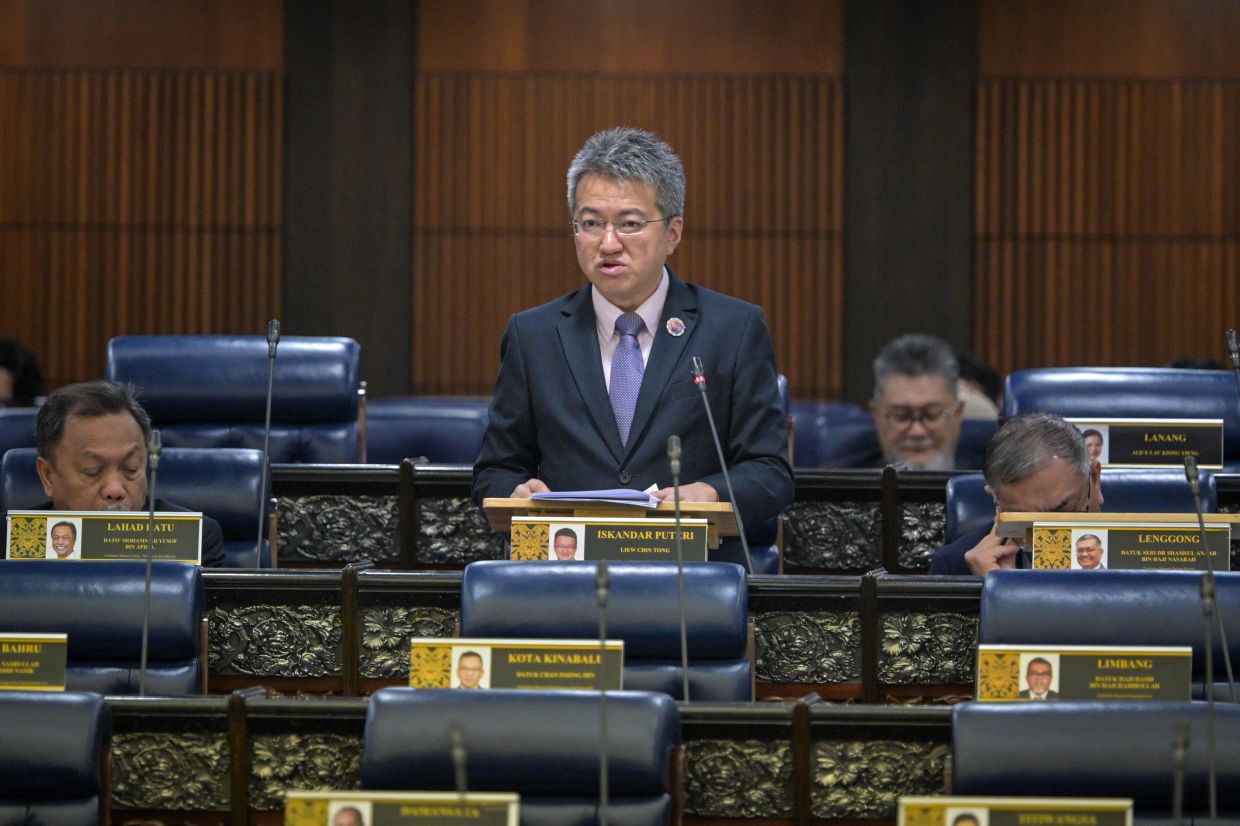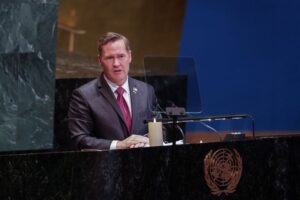KUALA LUMPUR: Deputy Investment, Trade and Industry Minister Liew Chin Tong has slammed backbenchers for taking his remarks on the Malaysia-United States Agreement on Reciprocal Trade (ART) out of context.
“It is regrettable that these backbenchers selectively quoted me without the full context. This is a mischievous act that opens the door to interpretations which distort the substance of what was said,” he said in a statement on Thursday (Nov 13).
He was referring to his remarks made at the Malaysian Institute of Economic Research (Mier) Business Conference on the 2026 National Budget, SST and International Trade Updates.
“My remarks must be understood within the broader context of international trade at present.
“When US President Donald Trump imposed hefty tariffs on all its trading partners on April 2, every major exporting nation had no choice but to engage, including China, Japan, South Korea, Vietnam and the European Union.
“Malaysia was in the same situation,” he said.
In a joint statement, Wong Chen (PH-Subang), Nik Nazmi Nik Ahmad (PH-Setiawangsa) and Rafizi Ramli (PH-Pandan) had cited Liew’s statement on Nov 3.
They urged for the formation of a Royal Commission of Inquiry (RCI) to investigate the Malaysia-US trade deal over claims that Malaysia was forced into negotiations.
It also urged for clarification on why an agreement was signed instead of a memorandum of understanding.
Liew said his main point at the forum was that in the long run, Malaysia and other trading nations must grow domestic and regional demands as well as to diversify trade to reduce dependency on the US market.
“Despite these difficult global circumstances, we still secured a deal that reduced our tariff burden from 24%-25% to 19% under the trade deal and expanded our market access.
“All of this certainty in trade with the United States will help provide stability to our economy.
“This stability is particularly vital as Malaysia continues to rebuild and strengthen its economy,” he added.
He said all this was done without compromising national sovereignty, dismissing claims that Articles 5.1, 5.2 and 5.3 of the agreement would constrain Malaysia’s sovereign rights or force the country to align with the national security and economic interests of the United States.
Liew said the clauses cited are framed with clear caveats such as “in accordance with its own domestic laws and regulations” and where there are “shared economic or national security concerns.”






